The recent indictment of Jeffrey Epstein on child sex-trafficking charges raises an attorney-client question for me. How does a lawyer navigate the relationship with his client once the case is resolved? Jeffery Epstein is a rich bottom-feeder and convicted sexual predator. In 2008, he was convicted on two counts of soliciting an underage girl for prostitution. Nevertheless, following his conviction, he was able to maintain his connections to important financial, political, and social elites in New York and Palm Beach? How did this convicted sexual predator avoid being ostracized socially?
His current indictment, in New York, is the product of rigorous investigative journalism by Julie K. Brown of the Miami Herald. Ms. Brown, outraged by the light sentence Epstein received in the 2008 plea deal, decided to dig deeper into the Epstein story. Her investigation and resulting series in the Herald is widely viewed as the reason Epstein is behind bars now. She helped build the current case in an effort to reverse the travesty of the 2008 plea deal engineered by former US Attorney and Labor Secretary Alexander Acosta.
Hardly anybody who’s hung around with Epstein has “clean hands,” but I’m especially fascinated by his relationship with Alan Dershowitz, the former Harvard Law professor and judicial attack dog who represented him in the Florida case.
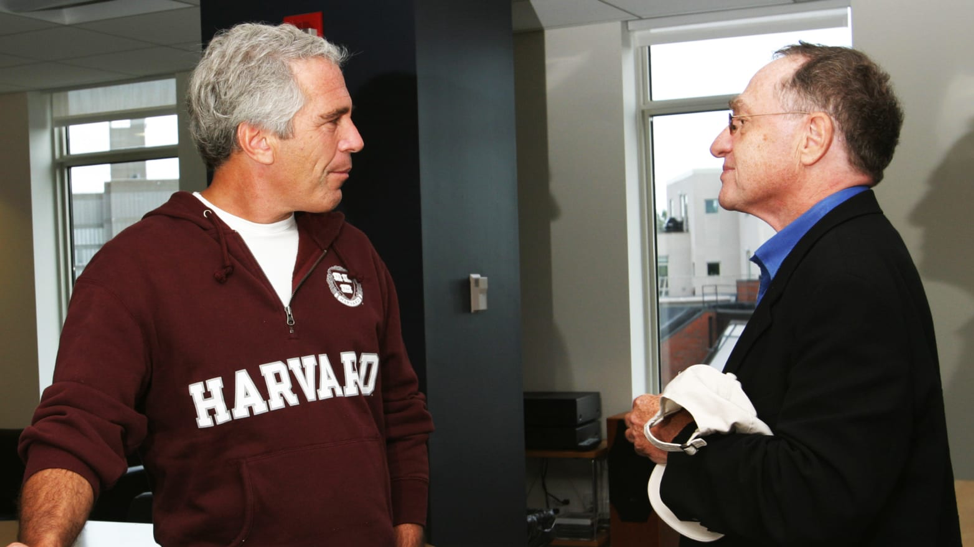
As a major donor to Harvard (a school he never attended), Epstein met and befriended Dershowitz. When state and federal prosecutors brought child sex trafficking charges against him in 2006, he asked Dershowitz to “help put together a legal team” for his defense.” In that proceeding Dershowitz had a hand in crafting the deal that denied Epstein’s child victims their day in court and allowed him to spend 12 hours a day in his office on “work release” before returning to jail at night. Sweetheart deal.
American jurisprudence presumes a criminal defendant innocent until proven guilty beyond a reasonable doubt, and criminal lawyers owe their clients the best and most vigorous defense possible. Their responsibility is to advocate for their clients, protect their interests and make sure the law is administered as fairly. Dershowitz certainly did that for Epstein.
Is the rule different when the lawyer knows his client is guilty? No; regardless of what a defendant has done, he is not legally guilty until a prosecutor offers enough evidence to persuade a judge or jury to convict. That’s the law’s foundational principle. The lawyer may use any and all defenses available so long as he does not lie to the judge or jury by proclaiming an accused’s innocence when he knows the opposite to be true.
Representing an accused criminal doesn’t mean the lawyer agrees with or approves of the client’s behavior or beliefs. It’s a professional relationship. During the trial the lawyer is an advocate, but what about later, outside the courtroom? Is there a moral/ethical standard governing that relationship? Should the lawyer socialize with his convicted client? There is no clear rule, but the lawyer may be putting his reputation at risk by getting too close.

Jeffrey Epstein is extremely wealthy. He has homes in New York, Palm Beach, and Paris, a ranch in New Mexico, even an island in the Caribbean. He can easily offer a “friends with benefits” kind of friendship. That list has included Bill Clinton, Donald Trump, Prince Andrew and Alan Dershowitz among others.
Alan Dershowitz was a fixture in Epstein’s orb, even after his work as Epstein’s attorney was completed. He flew on Epstein’s private jet, stayed at his Palm Beach home, received massages from his “staff,” and supported his somewhat dubious self-serving relationship with Harvard.
Dershowitz has always been controversial. Notoriously peevish, irascible, and argumentative, he took cases and advised a series of unsympathetic defendants including Claus Von Bulow, OJ Simpson, Michael Milken, and Leona Helmsley before his defense of Epstein.
Nevertheless, despite the “friends with benefits” relationship he enjoyed with Epstein, it would be difficult to say Dershowitz had crossed an ethical line until earlier this year when he wrote the Pulitzer Prize committee urging them to deny Julie K. Brown the prize for her series on the Epstein scandal. What possible explanation could there be for this intervention?
In Ms. Brown’s sex-trafficking expose, one of Epstein’s teenage victims, Virginia Roberts Giuffre, implicated Dershowitz. He denies it, and it’s only natural to deny the allegation if false, but a prominent legal commentator, like Mr. Dershowitz, has various ways – public, private and legal – to deny such an accusation. Instead, he chose to attack Ms. Brown, a journalist, in an effort to deny her recognition for her investigative work product.
Was the Dershowitz letter written to avenge a personal wrong, impugn Julie Brown’s credibility, or protect Epstein? Was Dershowitz concerned, as some others are, that Epstein may have compromising evidence on him? Would his friendship with Epstein be a logical basis for personal intervention with the Pulitzer committee? With other avenues available to protect his own reputation, it seems unusual and, at the very least, unseemly to go behind the scenes to personally attack the integrity and work product of an investigative journalist.
Where should we draw the ethical line for lawyer and client? Innocent until proven guilty, yes – easy. The best defense, yes – easy. Legal ethics observed, yes – easy. Extra-judicial intervention and acceptance of social and/or sexual favors? No. Convicted sex traffickers are criminals.
I understand a client’s gratitude and willingness to share following a successful plea or acquittal, but there is a difference between professional engagement and active social involvement. I would feel dirty if I elected to socialize, after the verdict, when I knew my client to be a criminal. Clearly there are blurred lines here, but it should not be a difficult moral decision to separate yourself from a known criminal?
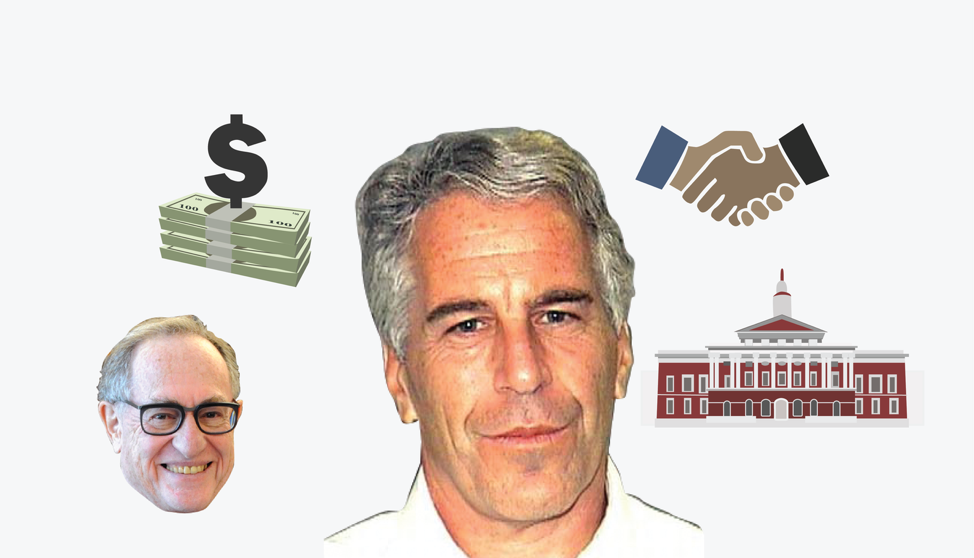




























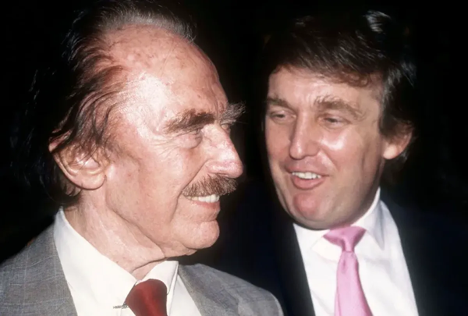

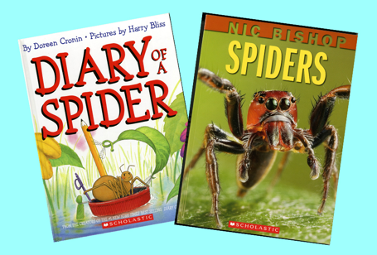
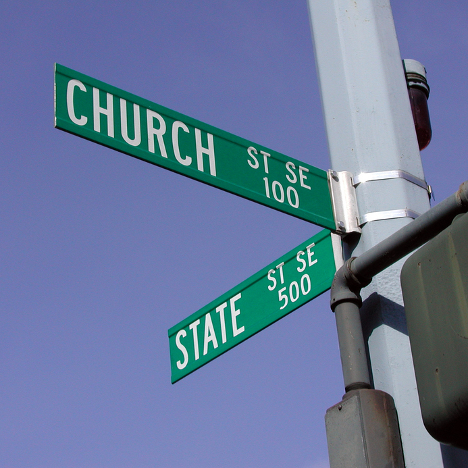
Excellent article Jack. Very interesting new information about Alan Dershowitz.
Good job. Thank you.
There’s nothing in California’s Rules of Professional Conduct for attorneys that prohibits an attorney from associating with a criminal client after termination of the client’s criminal matter. To my knowledge this is consistent with Rules of Professional Conduct in other states. But a close association with a known pedophile with a history of providing under age females for sexual exploitation to his close associates raises questions of morality and expectations.
Of more interest to me than the Trump/Dershowitz relationship would be full disclosure of Epstein’s relationship with Trump. It would no doubt be enlightening no matter how putrid. Of course even if a video should surface depicting Epstein and Trump sexually abusing a 13 year old girl I doubt it would affect his standing with his cult base one iota.
Alan Dershowitz was to me pursuer of justice and legal scholar. Now, as a defender of and advisor to the likes of t-rump and his criminality as well as Epstein, et al I see him as a money grubbing legal whore, as immoral as his clients. The attempt to degrade the honest work of a tenacious and honest journalist is despicable.
Nice reporting Jack.
It would seem that many of these well known legal wizards (often legends in their own mind) have their own closets full of skeletons. I first noted this many moons ago when former Marine F8 driver F. Lee. B. was often on center stage. It is a wise choice to stay up wind of this august group, Good one TJ